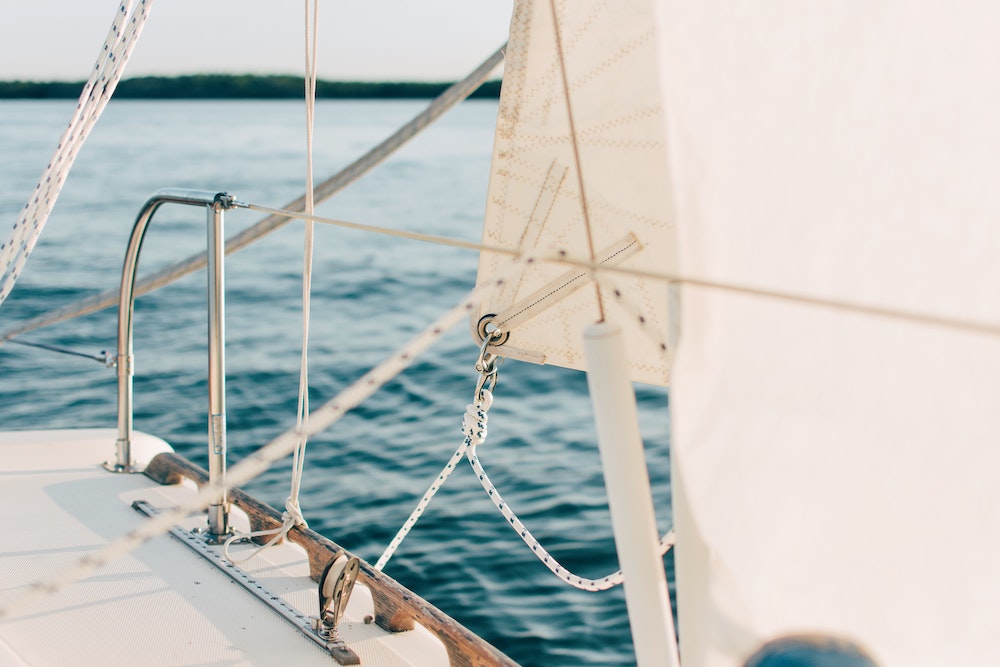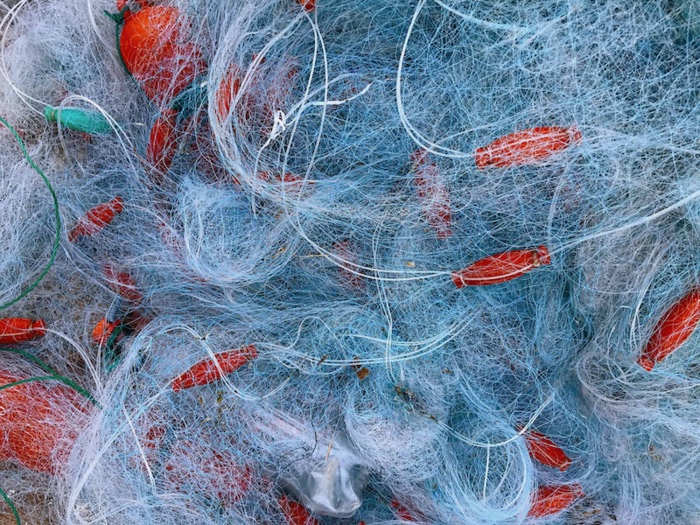
Sailing Circular: the way we’d enjoy exploring the sea
For decades, people’s imagination has been associating summer time with sea holidays, and increasingly often specifically on board of boats or yachts. This cultural trend is driving an immediate impact on the economy: after the stop due to the covid-pandemic, the nautical industry is expecting a global 5.1% growth by 2027, while Italian builders have already performed exceptionally well with record sales during the last two years.
Just in Europe alone, almost 80 000 boats see their end of life every year, but only 2000 of them get through a proper dismantling process. Proposals to address this issue at a European level only emerged in the very last few years. As for many other sectors, the good news is that time is ready for a paradigmatic shift in the industry, from the challenging management of the end of life of the final product, to the responsible design, both driven by the implementation of sustainable and eco-friendly materials.
A good example in the field comes from the Dutch company Vaan Yachts: it has already a strategy in place to manufacture fully recyclable luxury yachts using recycled aluminium coming from window frames and traffic signs. Some parts contain more than 75% recycled materials.

Image by Usnplash
Many solutions can also be found not just for technical parts, but also for the interiors, where lightweight and mechanically performant materials are usually needed: from FSC certified cork decking, that both provides comfort and functional insulating properties, to recycled and bio-fabricated textiles for padding and upholstery.
What about polluting waste materials we might encounter sailing at sea?

Image by Usnplash
Most of the waste comes from plastic based materials such as PET consumer products, fishing nets, technical rods and fabrics that are mostly made of aramid fibers: these materials, due to their very intrinsic nature, will not deteriorate and will presumably damage the sealife.
As we promote the protection of our environment through responsible actions, like collecting the waste that we might encounter on our journey, more and more initiatives at a commercial and industrial level have developed in the recent years.
From collecting and refurbishing sailcloth, new start-ups and companies have already launched in the market commercial products like bags, shopper and totes.
Others, such as manufacturing companies, have already developed processes to regenerate nylon coming from fishing nets, thus providing the market with some actual environmentally-conscious solutions.
Materially, through targeted consultancy activities, supports companies in the search for material solutions with low environmental impact. Contact us to know how we can support you.


